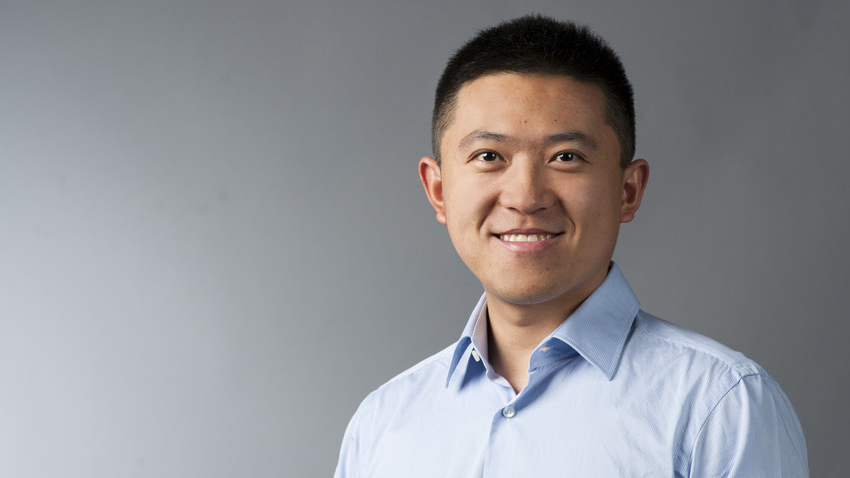Award
2018 NSF Career Award Winner
Department
Computer Science
What is the impact of your research?
My research interests are centered around cybersecurity and data analytics. I am interested in using data-driven methods to uncover, measure, and model the emerging security threats against Internet users, and develop novel defense systems to better secure the cyberspace.
I have been studying various cybercrime activities such as misinformation dissemination, malware distribution, and spear phishing attacks. In particular, spear phishing is now targeting companies, organizations, and government agencies around the world, breaching critical networks where billions of sensitive user records are leaked. My current project aims to advance our understanding of this constantly evolving attack through empirical measurements and building novel defenses, by combining machine learning algorithms (such as deep neural networks) with collective human intelligence (through online crowdsourcing).
If successful, the project will significantly increase our ability to characterize the evolution of phishing attacks and the vulnerability of Internet platforms and users to those attacks over time, and further strengthen our defensive systems. In addition, the project will lead to advances in interpretable machine learning and human-in-the-loop computation, which are important topics given the increasing role that artificial intelligence and machine learning systems play in society. We will also use the research results to support new course development at Virginia Tech and outreach programs to high school teachers and students to increase their participation in cybersecurity research.
What do you like most about the field of computer science?
Computers and algorithms have been advancing human's capability in a significant way, allowing us to do things that are otherwise impossible. The beauty of computer science is that you never know what is possible. Back when I was a kid, it was hard to imagine that we could archive the entire human knowledge and search for any information within seconds. It was hard to imagine that we could build algorithms that are powerful enough to beat the best Go players in the world. However, technology is a double-edged sword and can be harmful when misused. For security researchers, it has been our goal to build a much safer and secure cyberspace for people to enjoy the benefits of technology.
What path did you take to get to this point in your career and research?
I got interested in cybersecurity while I was pursuing my Ph.D. at UC Santa Barbara. At that time, I started to look into a number of exciting research problems in the cybersecurity fields, including misinformation dissemination, malware distribution, and mobile network attacks. For example, one of my projects is to detect rogue user accounts in massive social media controlled by malicious parties to distribute malicious content (e.g., malware) or to manipulate public opinions (e.g., disseminating fake news). I have developed a number of data-driven systems that are adopted and deployed by various Internet services (e.g., Microsoft, LinkedIn) to protect hundreds of millions of users. After joining Virginia Tech as an assistant professor, I continue my research in cybersecurity with a special focus on spear phishing attacks. Solving this problem requires major advancements in a number of correlated fields such as Internet Measurement, Applied Machine Learning, and Human-Computer Interactions. I am very excited about working on these problems and solve the upcoming research challenges with my students and colleagues.
When you are not researching, what do you enjoy doing in your spare time?
When I have some spare time, I enjoy playing legos with my two-year-old. Another activity I particularly enjoyed after coming to Blacksburg is hiking with my family. There are so many fun trails to choose from just near Blacksburg.
